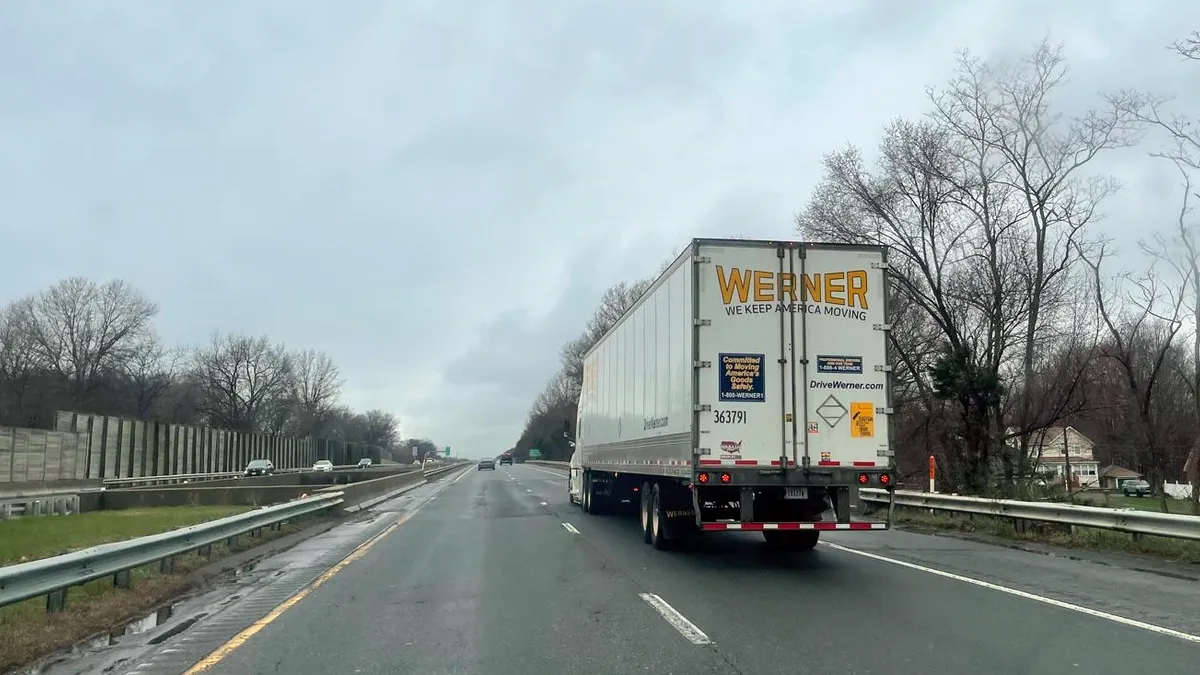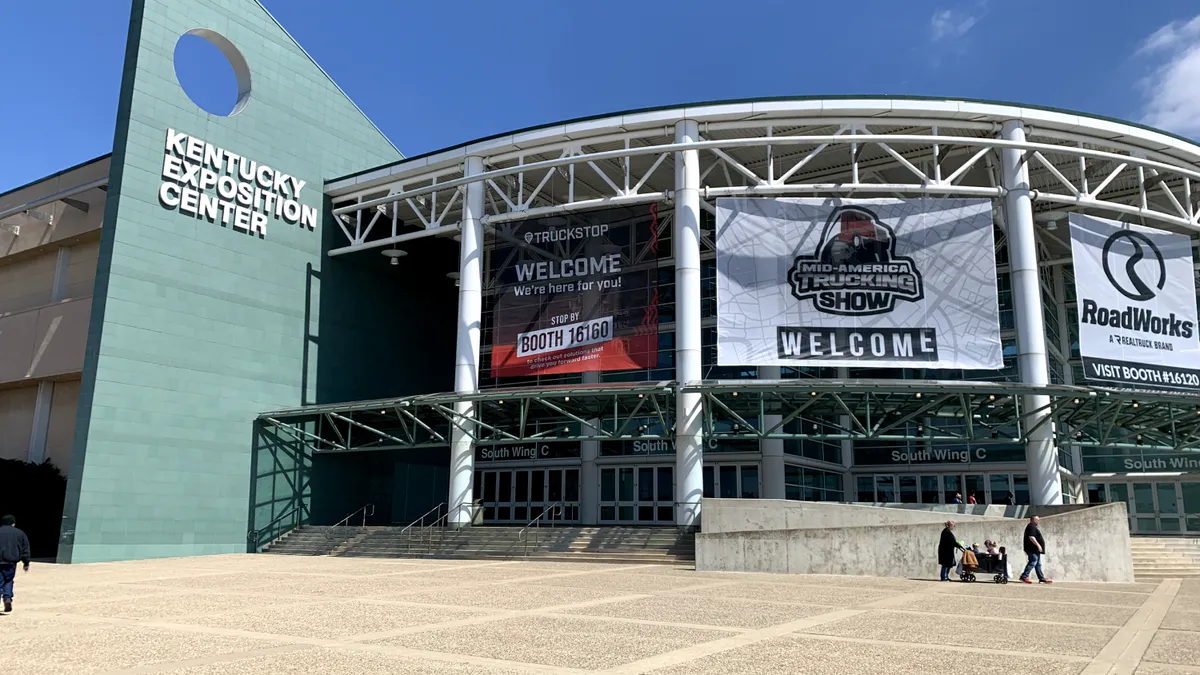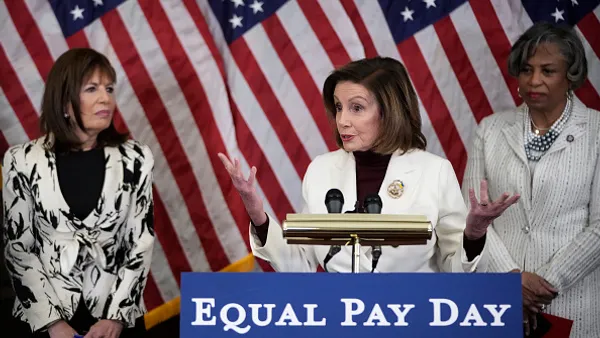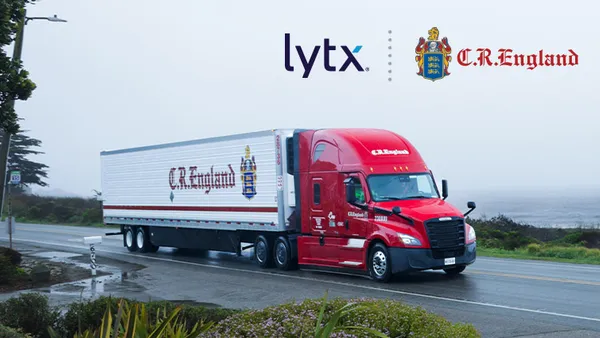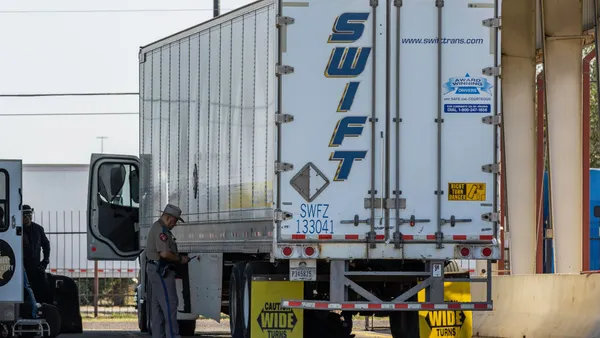Attorneys for Werner Enterprises filed arguments Wednesday to appeal a discrimination case, seeking to reverse an adverse judgment and stating safety concerns justified the carrier’s actions.
Lawyers said a range of defects in the case justified nullifying the verdict, such as the federal court allowing irrelevant and prejudicial evidence of “insensitive remarks” from company employees about applicants who are deaf.
The federal lawsuit involved the Equal Employment Opportunity Commission and Victor Robinson, a driver who is deaf, and a jury found he was qualified to safely perform the job with reasonable accommodation, a court ruling said.
Werner declined to hire him for a student driver program in 2016, citing safety concerns linked to the need for two-way communications without distractions as part of training on the road, the company’s lawyers noted in the appeal.
That came even after company VP of Safety and Compliance Jaime Hamm “first contacted numerous government entities, industry organizations, and independent motor carriers to investigate potential means for communicating with a totally deaf driver during over-the-road training,” lawyers said, adding that “none of those entities had any guidance to share regarding how to safely accommodate a totally deaf driver during over-the-road training.”
While the company has hired and does hire drivers who are deaf, the training program at the time was designed for drivers with less than six months of commercial driving experience, according to the legal brief.
“During the course of this six-year litigation, Werner made inconsistent arguments,” the lower court also said. “It claimed it didn't discriminate against deaf people, but even if it did, that's allowed because actually, inexperienced deaf drivers can't possibly be qualified for an over-the-road trucking job at Werner.”
The case initially involved a jury award of $36 million in punitive damages in September 2023, but a statutory cap limited the judgment to $335,682.
As part of the judgment, the court also required the company to report on applications and hiring of drivers who are deaf for a three-year period.



